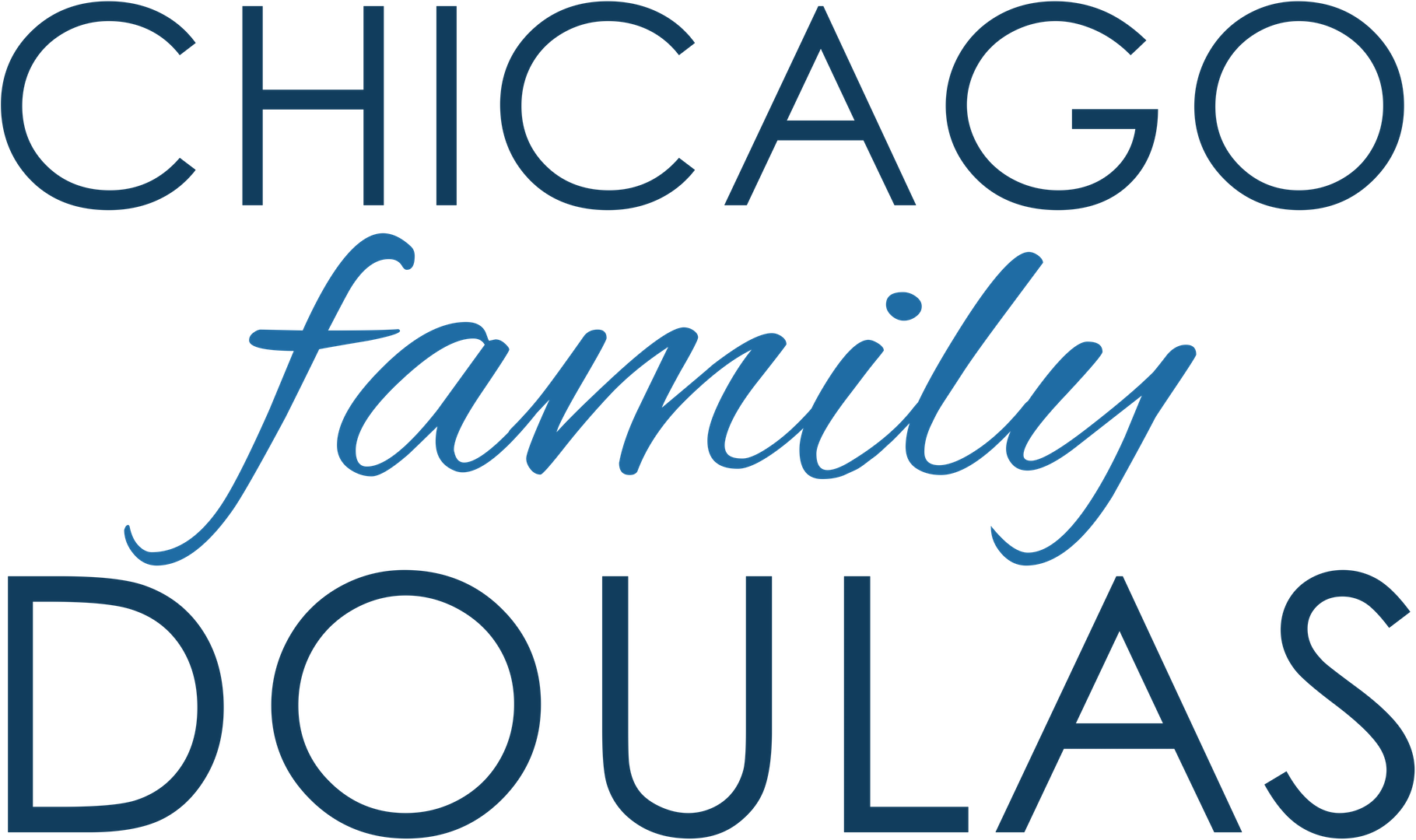
Bringing a new life into the world is an incredible experience, filled with joy and excitement. However, the journey into motherhood can also be emotionally overwhelming. As a new mother, it’s natural to experience a range of emotions, but distinguishing between the normal “baby blues” and more severe postpartum depression and anxiety is crucial for a woman’s well-being. In this post, we will explore the differences between baby blues and postpartum depression/anxiety, their symptoms, and ways to cope with these emotional challenges.
Understanding the Baby Blues:
The Baby Blues are a common and transient emotional change that many new mothers experience. These feelings typically begin within a few days after childbirth and may last up to two weeks. The Baby Blues are considered a mild and normal adjustment period as the mother’s body undergoes hormonal changes and adapts to the new role of being a caregiver.
Symptoms of the baby blues may include:
- Mood swings
- Crying spells
- Irritability
- Fatigue
- Anxiety
- Difficulty sleeping
- Feelings of sadness or emptiness
- Identifying Postpartum Depression:
Identifying Postpartum Depression:
Postpartum depression (PPD) is a more severe and long-lasting form of mood disorder that affects some new mothers. While Baby Blues only last up until 2 weeks postpartum,, PPD can emerge at any time during the first year after childbirth. It is essential to recognize the symptoms and seek support, as untreated PPD can significantly impact both the mother’s and baby’s well-being.
Symptoms of postpartum depression may include:
- Persistent feelings of sadness or hopelessness
- Loss of interest in activities once enjoyed
- Changes in appetite or weight
- Difficulty bonding with the baby
- Extreme fatigue or lack of energy
- Feelings of worthlessness or guilt
- Thoughts of self-harm or harming the baby
- Navigating Postpartum Anxiety:
Navigating Postpartum Anxiety:
Postpartum anxiety is another condition that can affect new mothers. Postpartum anxiety may manifest through excessive worry, fear, and apprehension about the baby’s health and well-being or the mother’s ability to care for her child.
Symptoms of postpartum anxiety may include:
- Constant worrying and racing thoughts
- Panic attacks
- Restlessness or feeling “on edge”
- Trouble sleeping even when the baby is sleeping
- Physical symptoms such as dizziness, nausea, or heart palpitations
Seeking Help and Support:
If you suspect you or someone you know is experiencing postpartum depression or anxiety, it’s essential to reach out for support. Therapy can be an incredibly helpful space to process these emotions and learn how to better manage your symptoms.
Here are some coping strategies that may help:
- Prioritize self-care: Allow yourself to rest and recuperate, even if it means asking for help from family or friends.
- Connect with other mothers: Joining support groups or talking to other mothers experiencing similar challenges can be comforting and provide valuable insights.
- Seek therapy: Counseling or therapy sessions can offer a safe space to express emotions and develop coping strategies.
- Consider medication: In some cases, healthcare providers may prescribe medication to help manage symptoms.
Remember, the journey into motherhood is unique for each woman, and experiencing emotional challenges is normal. Understanding the difference between the Baby Blues and postpartum depression/anxiety is crucial for seeking appropriate support and treatment. By taking care of their mental health, new mothers can better care for themselves and their precious little ones, fostering a healthy and fulfilling mother-child relationship. You are not alone, and seeking help is a sign of strength and resilience. If you are located in Illinois, consider reaching out to Crescent Moon Therapy for support!
Written by: Stephanie DeFilippis, LCSW, PMH-C





